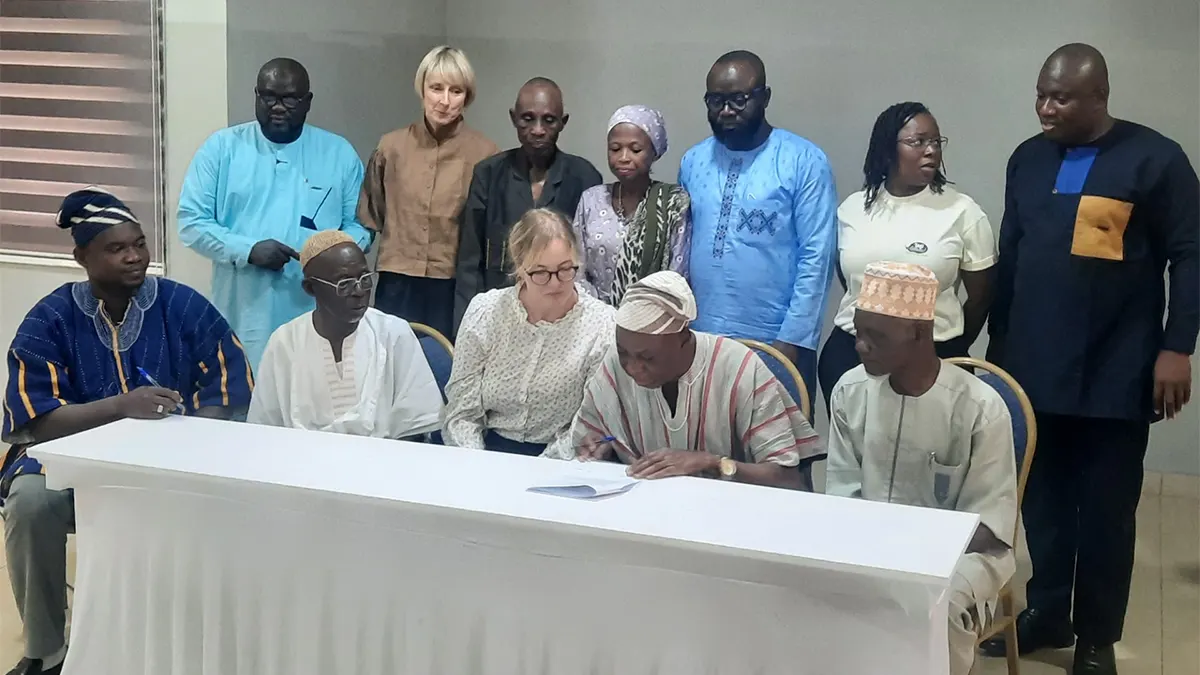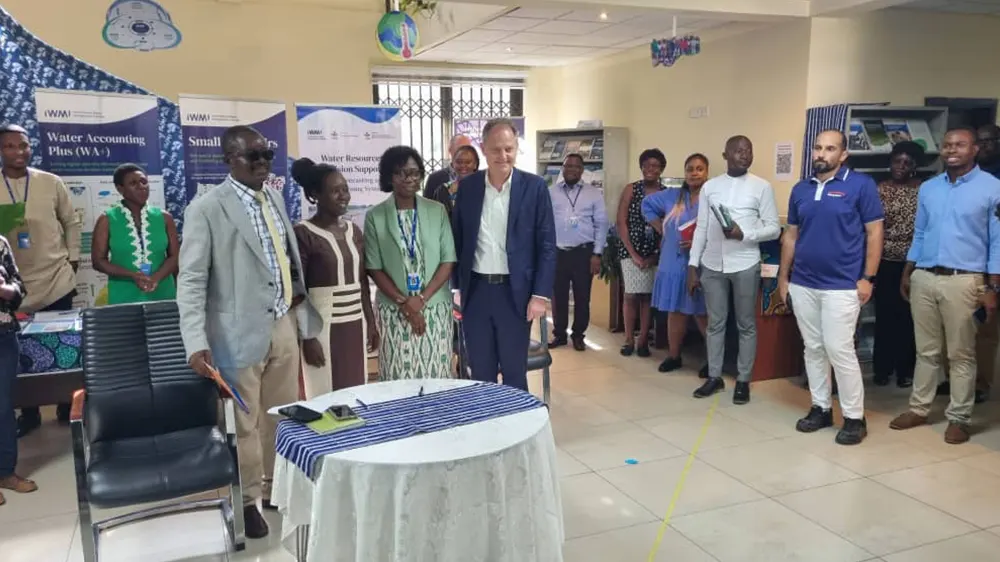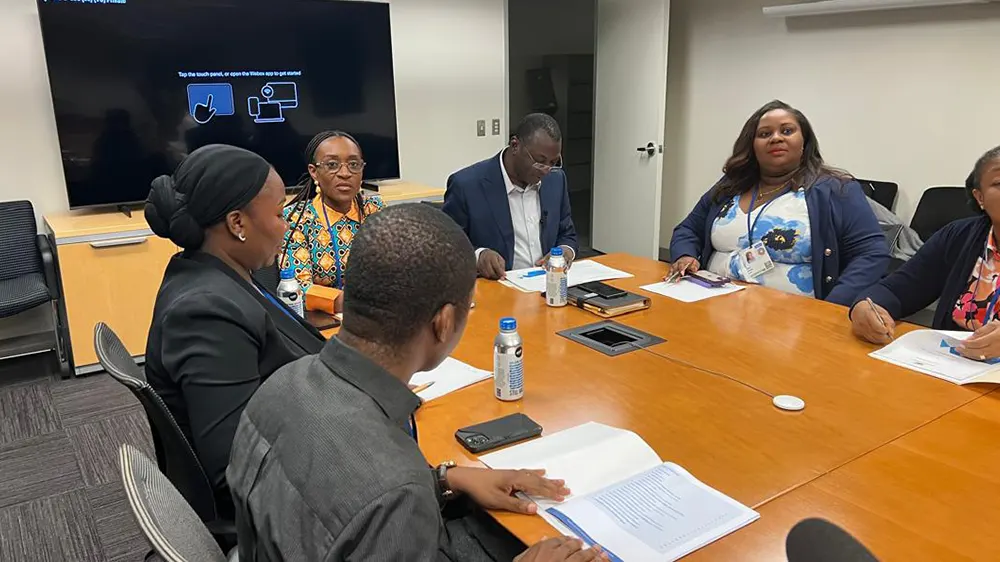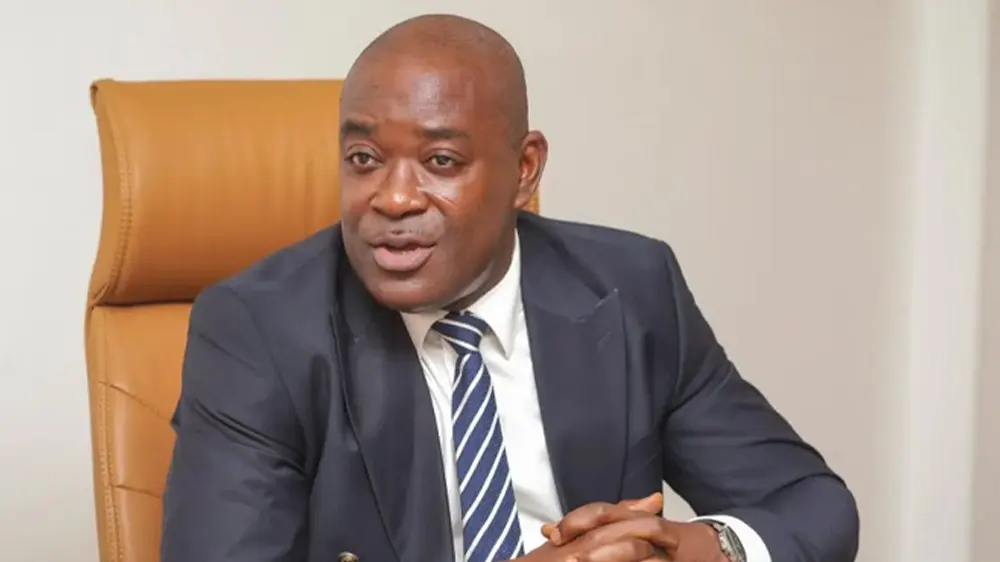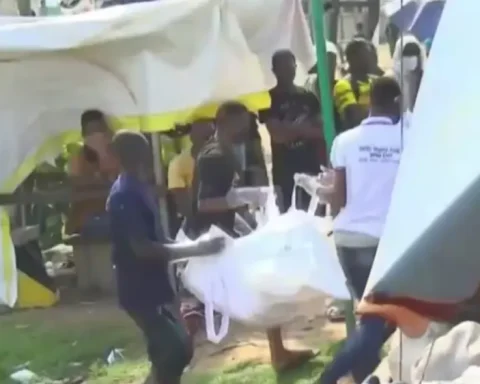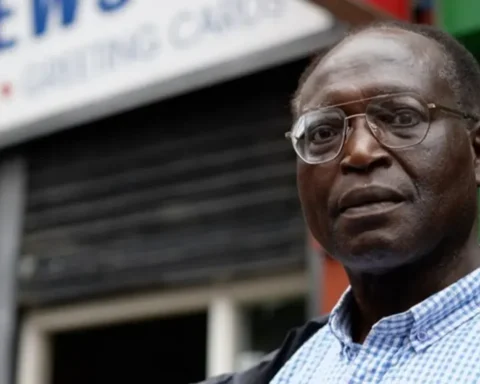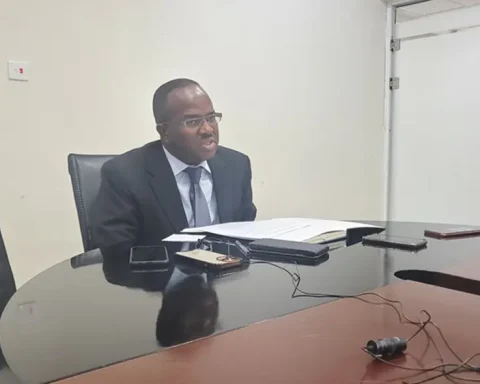Implementing partners under the Empowerment for Life (E4L) Programme have embarked on a new phase with the signing of a Cooperation Agreement aimed at contributing to improved resilience, equity, and accountable governance in Ghana.
The partners, including the Ghana Developing Communities Association (GDCA) in collaboration with Youth Empowerment for Life Ghana (YEFL-Ghana), School for Life (SfL), and Changing Lives in Innovative Partnerships (CLIP) with support from Danish partner Ghana Friends (Ghana Venskab-GV), secured funding from DANIDA through Civil Society in Development (CISU) in Denmark for the initiative.
Spanning four years, the new phase of the E4L Programme will focus on four thematic areas: accountable and responsive governance, education equity, youth economic and political inclusion, and climate change and resilience. The programme will be implemented across 10 districts in the Northern, North East, and Savannah Regions.
The districts selected for the programme include Yendi Municipal, Gushegu, Zabzugu, Tatale-Sangule, East Mamprusi, West Mamprusi, Yunyoo-Nasuan, Central Gonja, West Gonja, and Sawla-Tuna-Kalba.
Alhaji Osman Abdel-Rahman, Executive Director of GDCA, highlighted the importance of these thematic areas, emphasizing their relevance to the populace and their potential to foster good governance in the country.
The signing of the Cooperation Agreement took place during a four-day orientation workshop for partners involved in the E4L Programme. This workshop aimed to update participants on previous phases of the programme and outline the objectives and activities of the new phase.
Over the past 12 years, the E4L Programme has aimed to engage civil society organizations in advocating for transformative education, equitable resource allocation in rural primary schools, increased youth employability, advocacy for youth inclusion in decision-making processes, and climate resilience strategies for vulnerable communities.
Key focus areas under the programme include the implementation of the Right to Information (RTI) Law, promotion of transformative education methodologies, advocacy for fair allocation of education resources, and orientation of farmers on climate-smart agriculture practices.
The programme coordinators, including Lise Grauenkaer and Mette Brandt from Ghana Friends (Ghana Venskab-GV), expressed optimism and excitement about the new phase, highlighting the expansion of the programme into new regions and districts and the incorporation of lessons learned from previous phases. They affirmed their commitment to leveraging these experiences to make meaningful impacts over the next four years.

